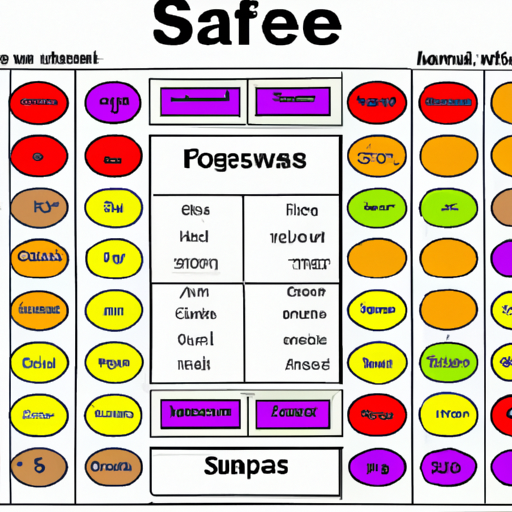As a loving pet parent, your canine companion’s health is of paramount importance. So it’s absolutely crucial that you’re aware of what your dog can and cannot consume.
What to Avoid
There are numerous foods that can harm your dog. They range from everyday household items to specific fruits and vegetables. Here’s a brief chart to help you understand what to keep out of your dog’s reach.
| Food | Risk |
|---|---|
| Chocolate | Toxic |
| Grapes | Kidney Failure |
| Onions | Anemia |
| Avocado | Gastrointestinal obstruction |
| Coffee | Toxic |
| Alcohol | Toxic |
| Macadamia Nuts | Toxic |
The Dangers of Chocolate
Perhaps one of the most well-known foods dogs should avoid is chocolate. Theobromine, found in chocolate, is toxic to dogs and can lead to symptoms like restlessness, rapid breathing, muscle tremors, and seizures.
The Risk of Grapes and Raisins
Grapes and raisins are another major no-go. Even small amounts can cause kidney failure in dogs. Symptoms include vomiting, diarrhea, and lethargy.
Onions and Garlic
Onions, garlic, and other members of the allium family can cause anemia in dogs, leading to pale gums, elevated heart rate, weakness, and collapse.
Avocados
While avocados might be healthy for humans, they’re not for dogs. The persin found in avocados can cause vomiting, diarrhea, and in severe cases, a gastrointestinal obstruction.
Coffee and Caffeine
Just like chocolate, caffeine is a stimulant that dogs cannot tolerate. Even small amounts can lead to rapid breathing, restlessness, heart palpitations, and muscle tremors.
Alcohol
Alcohol affects dogs in a similar way it affects humans, but it takes far less to do damage. Symptoms can range from vomiting and diarrhea to difficulty breathing and even death.
Macadamia Nuts
Although the exact reason is unknown, macadamia nuts are highly toxic to dogs. Signs of poisoning include vomiting, increased temperature, inability to walk, and tremors.
FAQ
1. Can dogs eat peanut butter?
Yes, dogs can safely consume peanut butter, but it should be without xylitol, a sweetener that is toxic to dogs.
2. What fruits are safe for dogs?
Dogs can eat apples, bananas, blueberries, cranberries, and watermelon, among others.
3. Can dogs eat dairy products?
Some dogs can tolerate dairy, while others cannot. If your dog is lactose intolerant, consuming dairy products can lead to gastrointestinal distress.
4. Can dogs eat raw meat?
While some pet parents advocate for a raw diet, raw meat can contain harmful bacteria like Salmonella and E.Coli. Always consult with a vet before changing your dog’s diet.
5. Can dogs eat eggs?
Yes, dogs can eat cooked eggs. Raw egg whites, however, contain a protein called avidin that can interfere with the absorption of certain nutrients in dogs.
Remember, when it comes to your dog’s diet, it’s always best to consult with a professional. While this guide provides some general advice, every dog is unique, and their dietary needs may vary. Stay vigilant and keep your furry friend safe from potentially harmful foods.



